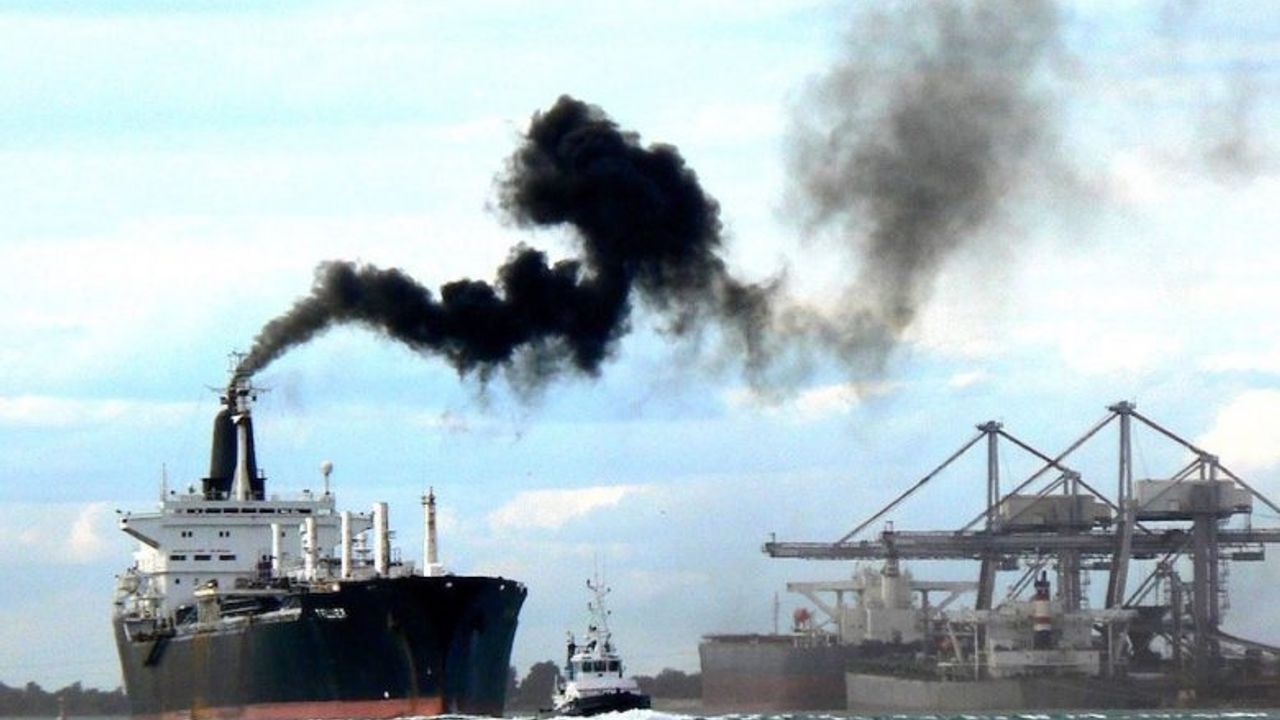What is the North Atlantic ECA?
The proposed North Atlantic Emissions Control Area (North Atlantic ECA) offers a promising solution to this pressing issue. It calls for stricter regulations on ships within designated areas, aiming to curb their harmful emissions significantly. Encompassing waters from Greenland to Spain, it could become the world’s largest ECA, delivering substantial benefits for human health and marine biodiversity.
The ICCT's findings underscore the urgent need for the UK government to embrace international collaboration through such regional measures, demonstrating its commitment to reducing the environmental impact of the shipping sector.
Shipping's Pollution Challenges
Unsurprisingly, international shipping remains a major polluter, notorious for its significant contributions to climate change and adverse effects on human health, marine ecosystems, and wildlife. The burning of heavy fuel oil (HFO), the industry's fuel of choice, releases harmful pollutants such as sulphur oxides (SOx), nitrogen oxides (NOx), and particulate matter (PM 2.5), which pose serious health risks. Residents near ports and shipping routes suffer the most, facing heightened exposure to these pollutants and associated health problems.
The ICCT estimates that adopting the North Atlantic ECA could lead to substantial reductions: 82% in SOx emissions, 64% in PM2.5, and 36% in black carbon emissions. These reductions have the potential to prevent thousands of premature deaths annually, similar to the positive impacts observed in other ECAs around the world.
A Straightforward Solution
Implementing the North Atlantic ECA may seem complex, but it offers a straightforward path forward. A significant majority (88%) of ships traversing the proposed area are already equipped to comply with emissions standards, as they operate in other established ECAs. The challenge lies in ensuring consistent adherence to emission controls beyond designated zones, as ships often revert to more polluting practices outside ECAs without regulatory pressure.
The Case for UK Action
The evidence is clear: the UK government must confront the severe air pollution caused by shipping emissions head-on. By endorsing the North Atlantic ECA, the UK can lead by example, promoting cleaner air and healthier shipping practices. This proactive stance not only benefits the UK but also sets a global precedent for sustainable maritime transport.
In conclusion, as the ICCT study highlights the critical need for action, the new UK government must seize this opportunity to address the maritime pollution crisis decisively. By supporting the North Atlantic ECA, the UK can play a pivotal role in safeguarding public health and marine environments from the harmful impacts of shipping emissions.






